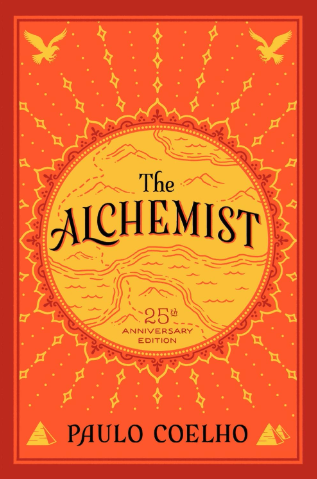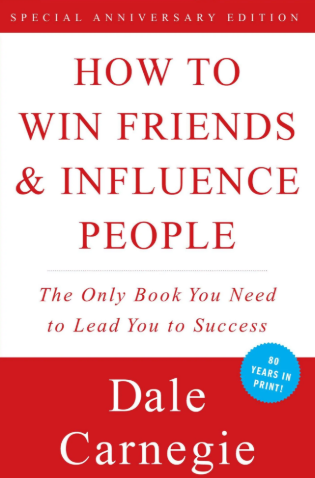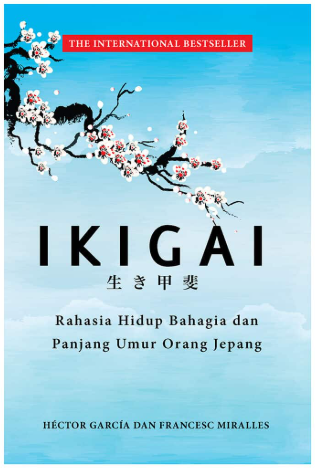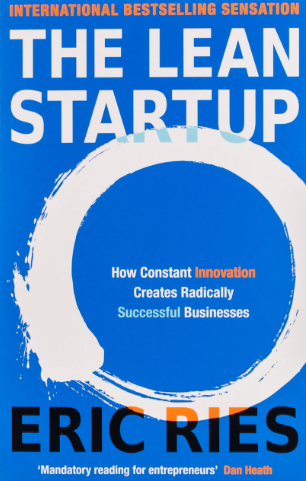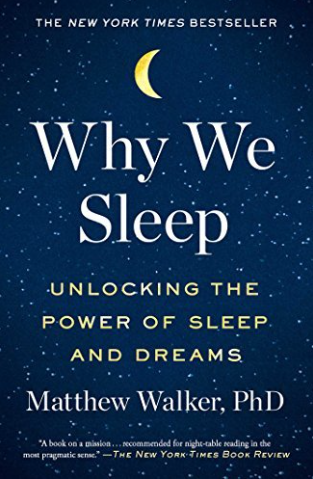
Matthew Walker’s Why We Sleep is a deep dive into something we all do but rarely understand: sleep. It’s not just “rest time” — sleep is a superpower that fuels memory, creativity, immune health, and even lifespan.
The book reveals how modern habits (late-night screens, caffeine, stress) wreck our sleep — and how reclaiming it can change everything.
The Core Idea
Sleep is not optional. It’s the foundation of physical health, mental clarity, and emotional balance.
📘 Book Idea: Skipping sleep is like borrowing from your future health — and the debt always comes due.
💡 Real Life: Instead of bragging about “hustling on 4 hours of sleep,” treat 7–9 hours as a non-negotiable investment in your performance.
Key Lessons from Why We Sleep (With Real-Life Applications)
1. Sleep Strengthens Memory and Learning
During sleep, especially deep sleep, your brain consolidates what you’ve learned and clears out clutter.
💡 Real Life: If you’re cramming for a test, don’t pull an all-nighter. Study, then sleep — your brain will store the knowledge better.
2. Poor Sleep Damages Health
Chronic sleep deprivation raises risks of heart disease, obesity, diabetes, and even Alzheimer’s.
💡 Real Life: If you want long-term health, prioritize sleep as much as diet and exercise.
3. REM Sleep Fuels Creativity and Emotional Health
Dreaming helps your brain connect ideas and process emotions.
💡 Real Life: Struggling with stress? Sleep is your natural therapy session. Ever notice problems “feel smaller” after a good night’s rest? That’s REM at work.
4. Technology Steals Your Sleep
Blue light from screens tricks your brain into thinking it’s still daytime, delaying melatonin (the sleep hormone).
💡 Real Life: Stop using screens 1 hour before bed or use blue-light filters. Read a book instead of scrolling at night.
5. Sleep Is the Ultimate Performance Enhancer
Athletes who get enough sleep recover faster, react quicker, and perform better. Lack of sleep kills focus, creativity, and decision-making.
💡 Real Life: Want to be more productive tomorrow? Go to bed earlier tonight instead of adding another hour of work.
Other Key Insights
- Caffeine can stay in your system for 8–10 hours. That 4 PM coffee could ruin your sleep.
- Your body has a natural rhythm (circadian clock). Going to bed and waking up at consistent times helps regulate it.
- Alcohol doesn’t help you sleep — it sedates you and blocks REM.
Final Thought
Why We Sleep shows that sleep is not wasted time — it’s the foundation of living well. Whether you want better health, sharper thinking, or more happiness, it starts with quality rest.
🔥 Your Turn: What’s one habit (late caffeine, endless scrolling, irregular sleep schedule) you can change this week to protect your sleep?


